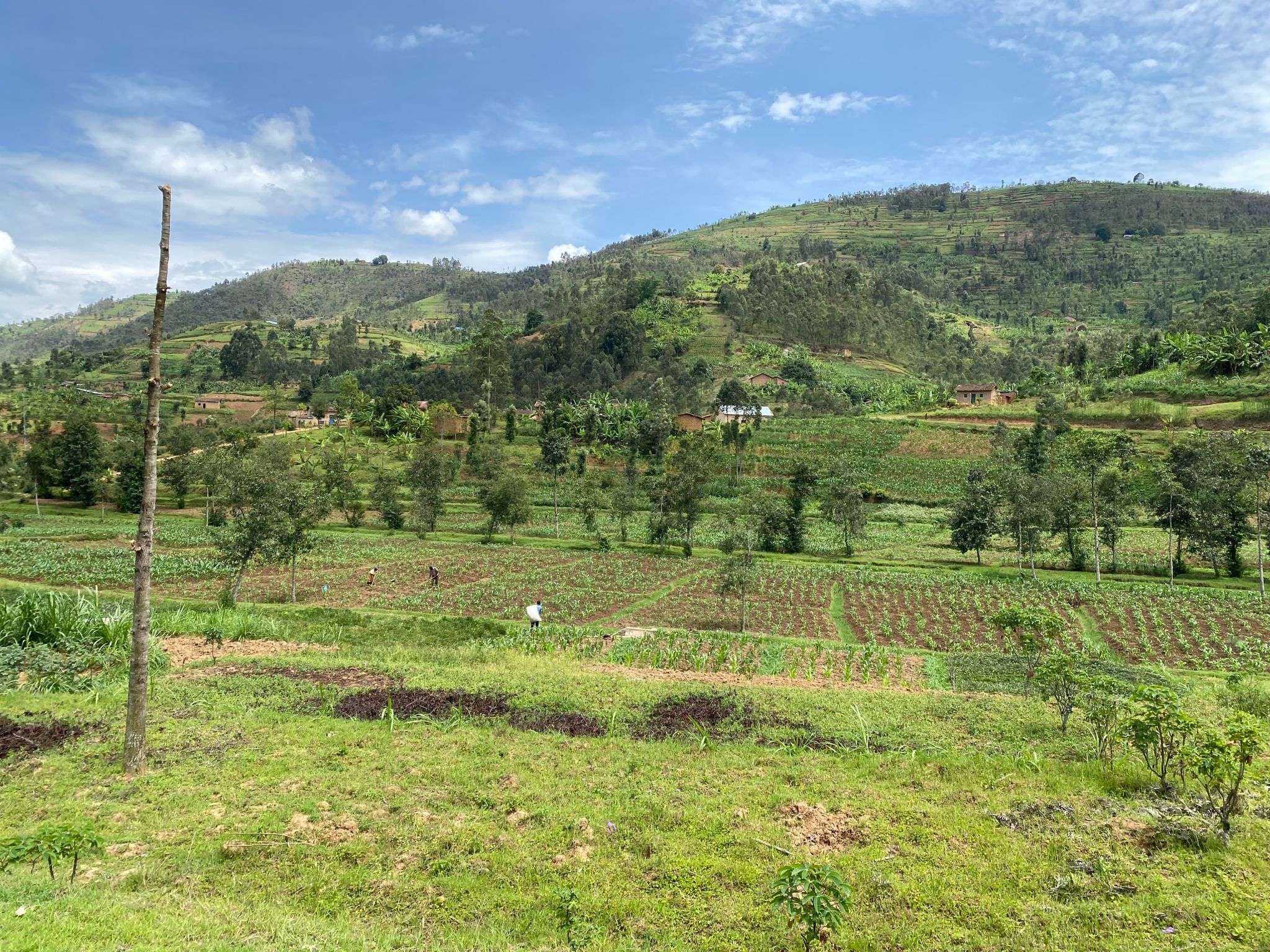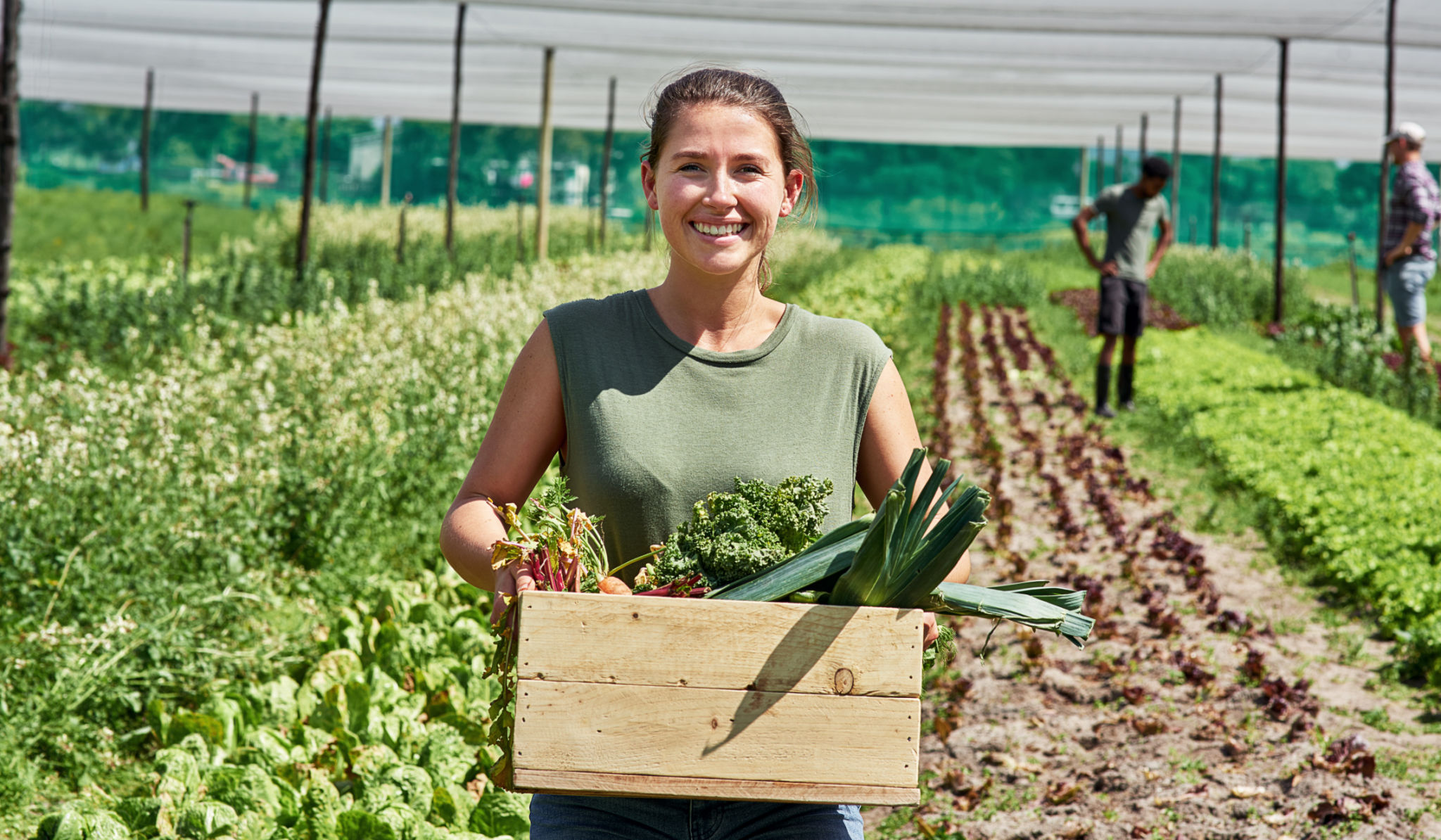Local Success Stories: How Kasungu Farmers Thrive with City-Based Farming
LW
Introduction to Kasungu's Agricultural Landscape
Kasungu, a vibrant district in Malawi, has become a beacon of agricultural success, particularly in the realm of city-based farming. While large-scale agriculture remains prominent in rural areas, urban farming within the city limits has taken a remarkable turn, offering both economic and environmental benefits.

The Rise of Urban Farming in Kasungu
In recent years, Kasungu has witnessed a surge in urban farming initiatives. These endeavors have been driven by increasing urbanization and the need for sustainable food sources. City-based farming has allowed residents to utilize limited spaces efficiently, growing a variety of crops right within their backyards or on small plots.
The impact of these practices is far-reaching. Residents have embraced innovative farming techniques, such as vertical gardens and hydroponics, to maximize their yield. This shift not only boosts food security but also provides a steady income stream for many families.
Empowering Local Farmers
One of the key elements in the success of Kasungu's urban farming is the empowerment of local farmers. Community programs and workshops have played a vital role in educating farmers about sustainable practices and modern agricultural technologies.

By equipping farmers with the necessary skills and resources, these initiatives have enabled them to enhance productivity and quality of produce. The emphasis on community collaboration has fostered a supportive environment where knowledge is shared, and challenges are collectively addressed.
Economic Benefits of City-Based Farming
City-based farming in Kasungu is not just about sustainability; it also contributes significantly to the local economy. By producing fresh vegetables and fruits within the city, transportation costs are reduced, leading to more affordable prices for consumers.
- Reduction in transportation costs
- Improved access to fresh produce
- Creation of local job opportunities
The availability of locally grown food has also stimulated local markets, creating job opportunities and fostering economic growth. Farmers are now able to sell their produce directly to consumers, which enhances their profit margins and ensures fair compensation for their efforts.

Environmental Impact and Sustainability
Apart from economic advantages, city-based farming in Kasungu has positive environmental implications. Urban farms contribute to reduced carbon footprints by minimizing the need for long-distance transportation of goods. Additionally, they promote biodiversity and improve air quality by integrating green spaces within urban settings.
These practices align with global sustainability goals and highlight Kasungu's commitment to addressing environmental challenges. By prioritizing eco-friendly methods, the district sets a precedent for other regions looking to balance urbanization with environmental preservation.
Challenges and Future Prospects
Despite its successes, city-based farming in Kasungu does face challenges. Limited access to water resources and the need for technological advancements are ongoing issues that require attention. However, with continued support from government bodies and NGOs, these challenges can be mitigated.
The future looks promising as more young people show interest in urban agriculture, bringing fresh ideas and energy into the sector. By fostering innovation and maintaining community collaboration, Kasungu is poised to further strengthen its agricultural prowess.

Overall, Kasungu's journey with city-based farming serves as an inspiring model for other urban centers striving for self-sufficiency and sustainability. Through resilience and innovation, Kasungu farmers continue to thrive, proving that small-scale urban agriculture can significantly impact both local communities and the broader economy.
